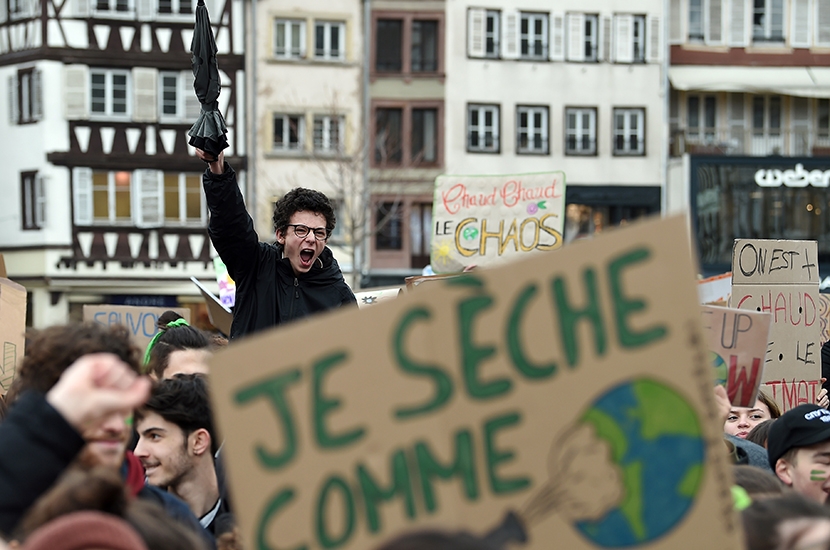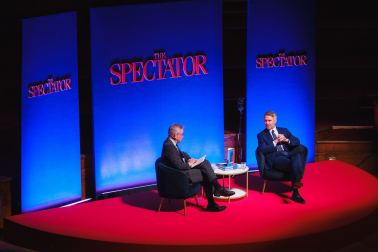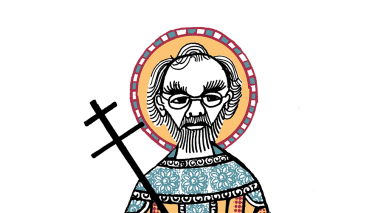Chatting on the café terrace with my new friends Didier and Emile made me aware that certain political ideas, which before the Covid-19 pandemic I had comfortably assumed belonged on the wilder shores of political discourse, are now mainstream among the under thirties. I felt a little envy, perhaps, for Didier’s undoubting conviction that questions of equality, gender, race and white supremacy were the ultimate verities for humankind. But a single word often betrays a great design, and his supplementary advocation of voluntary euthanasia for the chronically sick and elderly indicated all too clearly in which direction his ideal post-Covid society would be headed. Also, it seemed to me that beautiful and profound though his ideals were, Didier wasn’t a real person in touch with realities. Though, if I am to be thoroughly objective about it, neither am I.
Real or unreal, however, a young person’s friendly but not unselfish interest in me flattered me. And besides, the alcohol was beginning to effect its usual transformational magic. Behind the disaffected and aggressive persona I saw a trusting, thwarted heart. Here he was, recently grown from a child into a man. He had stood on the threshold of society and yelled: ‘Here I am! I’m willing to believe! Where do I sign?’ And society had ignored him. This had happened to me also. Without that necessary stroke of luck to give you a leg up, one can become embittered. Especially if those ignoring you appear to possess neither strength nor merit.
Didier and his friend Emile were skint. I was buying. Didier was the poor young intellectual Turk; the repository of all knowledge, in fact. Emile was saved from insignificance only by his bulk.









Comments
Join the debate for just £1 a month
Be part of the conversation with other Spectator readers by getting your first three months for £3.
UNLOCK ACCESS Just £1 a monthAlready a subscriber? Log in